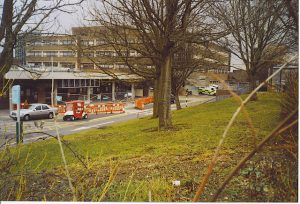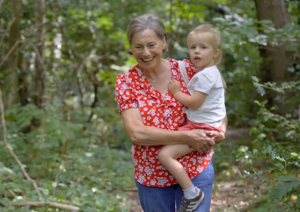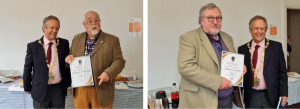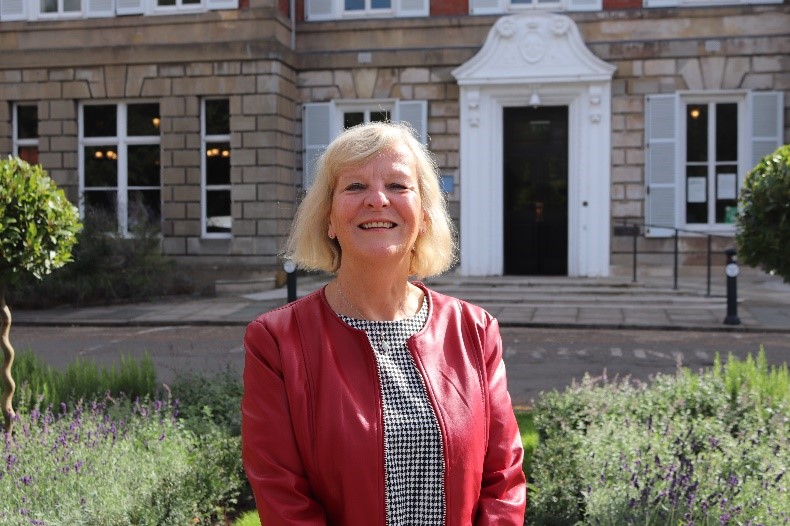The Epsom and St Helier Trust board heard the complaint of a patient allergic to nuts given nut oil. LDRS reports:
A hospital patient with a peanut allergy and an epipen was given medication for a nosebleed which contained nut oil. The patient at St Helier hospital was told before going home that the A&E doctor “didn’t think” the cream contained nut oil, a hospital trust board meeting heard. But on returning home and reading the leaflet, the unnamed patient learned there was in fact arachis oil, or peanut oil, in the medication. The patient had gone to the emergency department after a nosebleed, having started on a medication to help reduce blood clots. The patient had told the nursing team on arrival at the hospital and the doctor who prescribed the cream for the nosebleed about their allergy.
On contacting the emergency department, the patient was told there was not an alternative medicine that could be prescribed.
Members of the Epsom and St Helier Trust board heard at a meeting on Friday (March 3) that the patient then contacted their GP for an alternative before making a complaint to the trust so the issue would not affect other patients.
The board meeting, held at Epsom hospital, heard from a registrar and a consultant in the emergency department what steps had since been taken to learn lessons from the incident. These included a safety alert being sent within the team and the individual doctor being spoken to, while board members also asked what more could be done at trust level to help in what was a “very, very busy” department.
Ruth Charlton, the site chief medical officer, said the emergency department was of the only in the trust to use a paper prescription method rather than electronic. She also said that because the emergency department was operating 24/7, and doing things very quickly, patients were not sent to pharmacy for medications, which would be “an extra checking mechanism in place”. She said an electronic system would flag allergens, such as cows’ milk, in a medication and then allow something else to be prescribed instead.
She added: “We need to take away this case and look at what more we could do to address the systems issues.”
The meeting also heard it was not clear what checks were made by the doctor about what was in the medication, or who the patient had spoken to when calling the hospital to ask about alternative medications.
Board chair, Gillian Norton, said the board was impressed with the “rigorous approach to learning” shown by the department and thanked the doctors for sharing the experience. She said: “Keep up the great work. “We are very conscious that you have done all this learning and thought about this while you have got this incredibly busy day job.”












